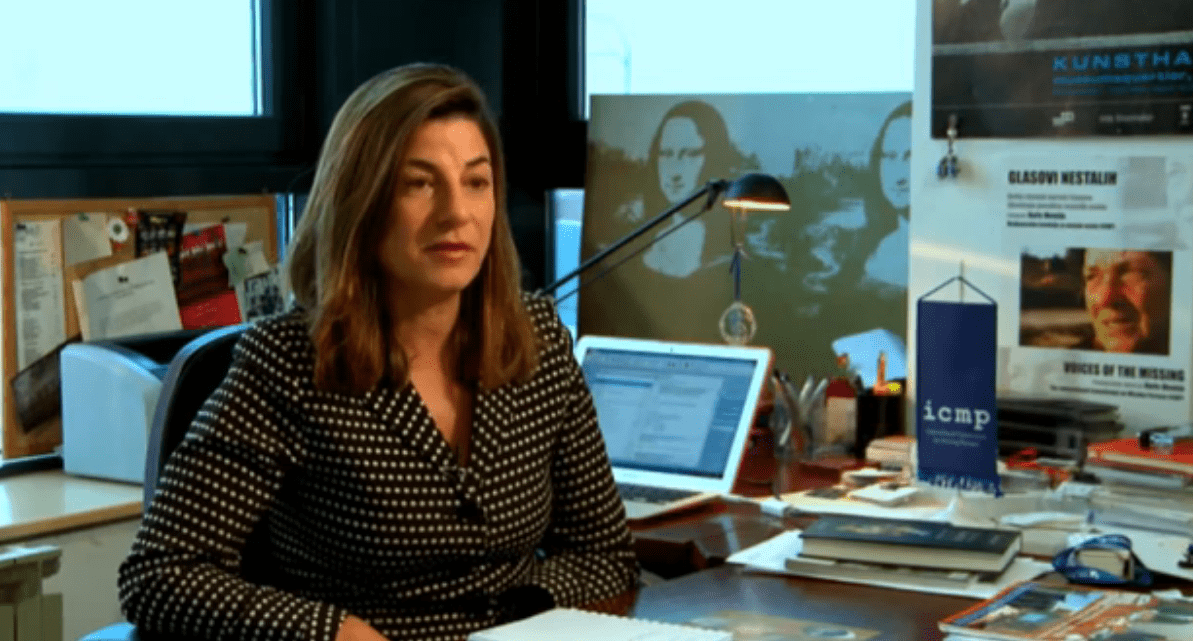This post is also available in: Bosnian
Journalists and representatives of judicial institutions, who attended a workshop organized by the Balkans Investigative Reporting Network, BIRN of BiH, in Brcko, discussed access to information from war-crime trials.
The journalists say that their collaboration with the Prosecution and police has been good for years, but the co-operation with the Basic and Appellate Court of Brcko District is not that good. Representatives of those institutions explained that the courts did not have their spokespersons, because the Judicial Commission was in charge of public relations.
“The fact that the spokesperson does not have an office in those institutions represents a problem. He does not attend prosecutors’ board meetings or meetings of judges of the Basic and Appellate Courts, so he is cut off from the sources of information,” said Mladen Pejcic of the Judicial Commission of Brcko District.
The journalists requested the representatives of the Appellate Court to begin sending some pieces of information about the trials to the media on its own.
“You can organize a press conference at least once a year in order to inform journalists about your work or send us a note when you pronounce a verdict,” Mirsad Arnautovic, Brcko Radio journalist, proposed.
The participants said that the adoption of guidelines by the High Judicial and Prosecutorial Council, HJPC, for publishing court and prosecutorial documents on the Internet pages of judicial institutions would contribute to better information sharing with the public.
Samir Beganovic, Secretary of the Brcko District Prosecution, said that the Prosecution would accept those Guidelines and that it had already begun implementing them in war-crime cases.
“The Guidelines are well prepared and can be applied in practice. We shall adapt our internal acts to them, but, practically, we have begun implementing the Guidelines in war-crime cases. In the last announcement we published the name of the indictee for the first time in the last four years,” Beganovic said.
The Guidelines were made after some judicial institutions had begun implementing the anonymization measures, but mentioning initials instead of first and last names of persons and other personal names.
The workshop participants said that better education of journalists reporting from trials was certainly needed as well.



